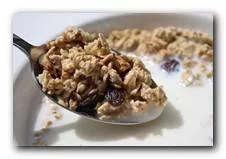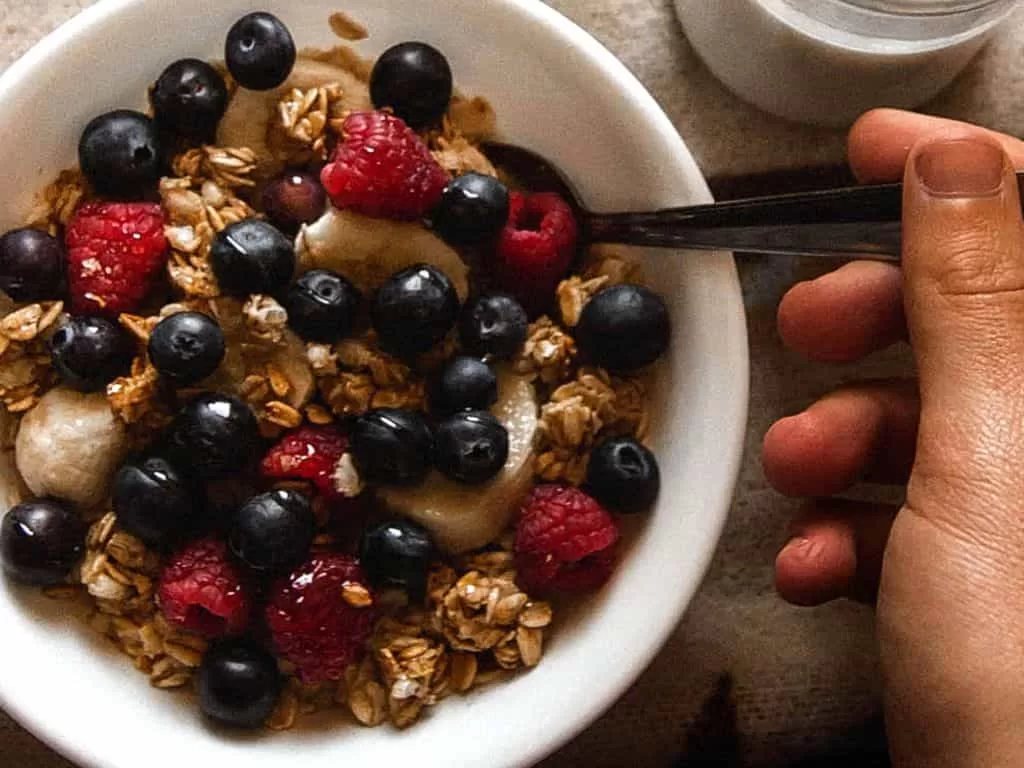We get the energy we need from the food we eat. Much of the energy comes in the form of carbohydrates, and if these are rapidly digested the energy is quickly taken up by the body. Such rapidly digested carbohydrates are termed ‘high glycaemic’, as they give a rapid, high peak of blood sugar. But there is a problem here – blood sugar levels rapidly ‘crash’ because of the insulin the body produces to transport the sugar from the blood into the cells. Low blood glucose leads to a lack of alertness and even drowsiness, so if these extreme highs and lows of blood sugar can be levelled out, the body will better use the energy available.
Part of the answer comes in carbohydrates that are digested much more slowly, such as resistant starches, beta-glucan, pectin and sugar replacers. Unlike easily digestible carbohydrates such as simple sugars, these more complex carbohdrates pass through the small intestine unchanged and are digested more slowly in the large intestine where they provide a slower supply of energy, reducing the energy spike.

Blood sugar claims
| Health Claim | Functional Ingredient |
|---|---|
| Reduction of postprandial glycaemic response | Aribinoxylin from wheat germ |
| Reduction of postprandial glycaemic response | Beta-glucan from oats and barley |
| Reduction of postprandial glycaemic response | Hydroxypropylmethylcellulose |
| Reduction of postprandial glycaemic response | Pectins |
| Reduction of postprandial glycaemic response | Sugar replacers – ie Intense sweeteners, eg sucralose; xylitol, sorbitol, mannitol, maltitol, lactitol, isomalt, erythritol, and polydextrose; D-tagatose and isomaltulose |

